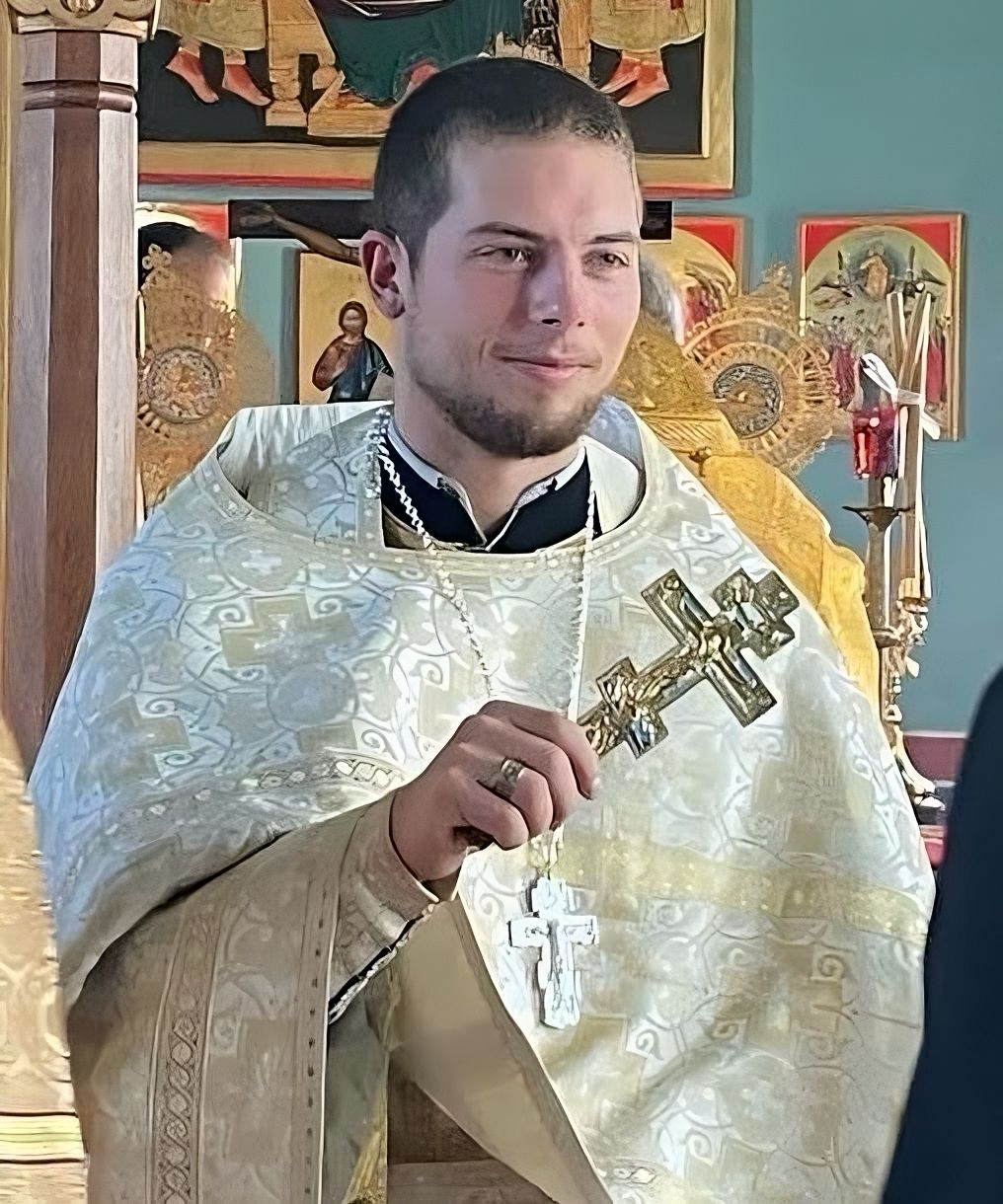Listen to Sermon
Transcript
In the name of the Father, and of the Son, and of the Holy Spirit. Amen.
"O Lord, make me to know my end, and the number of my days, what it is, that I may know what I lack... Be not silent, for I am a sojourner with thee, and a stranger, as were all my fathers."
On a bright early spring day, a woman took a trip to clean out her childhood home. As she went through her parents' room, she discovered a treasure of photos: of her as an infant on her grandfather's lap, of her grandmother holding her hands as she took her very first steps. She saw the portraits of young children, now grandchildren, who have since moved far away with their own families, and saw how they hung in their familiar places. The house that was once so full of noise was now perfectly still. Her parents, whom she had loved, had since passed on. Her home was empty.
She was struck by how quickly her life had passed, yet the brightness that she felt then seemed somehow to remain. The light that shone into the home shone just as it always had. And as she drove away that afternoon, she noticed the early blossoms of daffodils, signs of life bursting from the ground. Joyful sorrow transformed into hope.
In some way, all of us carry within us these raw experiences of love, and the places where we first came to know it become almost sacred for us. Our souls first met with these rays of light that we come to know in their fullness in the Holy Church, a light which surrounds all of us. And what must we do to draw close to this light?
It has been said by a beloved Schemamonk of Optina Hermitage, "The Christian life consists entirely of this: Do good, do good, do good." Do good, do good, do good. And yet, we are unable to do good if we are slaves to our passions.
"Send us a spiritual treatise that will be like the tablets that God gave to Moses. Show us the way from earth to heaven, as Jacob saw the ladder extending from earth to heaven." This was the request that was sent to John Climacus—the author of The Ladder of Divine Ascent, whom we commemorate today. In his treatise, which has guided ascetics for centuries, he devotes an entire chapter to the sin of insensibility. "Insensibility," he writes, "is negligence that has become habit... Insensibility is the ignorance of compunction, the mother of forgetfulness." The one who is stricken by insensibility, he writes, is one who prays for healing from a passion, yet immediately turns around and rushes off to fulfill it.
Considering the family in today's Gospel, St. Theophylact of Bulgaria notes that our bondage to darkness comes from living an unclean life. Asceticism, prayer, and fasting all ultimately involve the removal of distraction—distractions from the only things that we will take with us into the next life: ourselves, our relationships with one another, and our relationship with God. Yet, how often is it that as soon as we set out to live a life free of distraction, we immediately turn around and abandon the things that truly need our attention?
In one of today's epistles, we heard from the Apostle: "Redeem the time, for the days are evil."
A Romanian elder spoke of the various occasions he spent with men who were in the midst of dying. He said that in that moment, they saw their whole lives, they saw their own sins with the clarity of the greatest of theologians, and they cried out from the depths of their hearts begging for just one more day. One more day in which they could do good works, one more day in which they could have helped someone, one more day in which they could have given love, one more day in which they could have been close to those who depend on them.
We have precious little time, and we must make haste to remove from our hearts those bits of darkness to which we so bitterly cling. For we only have so many days left to unite ourselves to the light that has sustained us from our very conception, an opportunity which exists only now.
As we live out our lives, as we continue in our struggles, may we keep this vision before us of the light which we first came to know through those who have loved us and left their marks in our hearts. For at the end of our journey, we have the hope of eternal communion with one another, with those we have loved, in the unsetting light of Christ. As St. Philaret of Moscow notes, this is only possible for those who have climbed the steps of virtue and attained the summit of Christian love.
And if we ever get discouraged by our own weakness, we have as our hope the image of the man in today's Gospel, who from the inner depths of his own desperation offered the honest prayer, "Lord, I believe; help my unbelief." And even this was enough to move God to such compassion that He worked for him a miracle which the apostles were unable to accomplish. Amen.
Speaker

Fr. Peter James
Priest